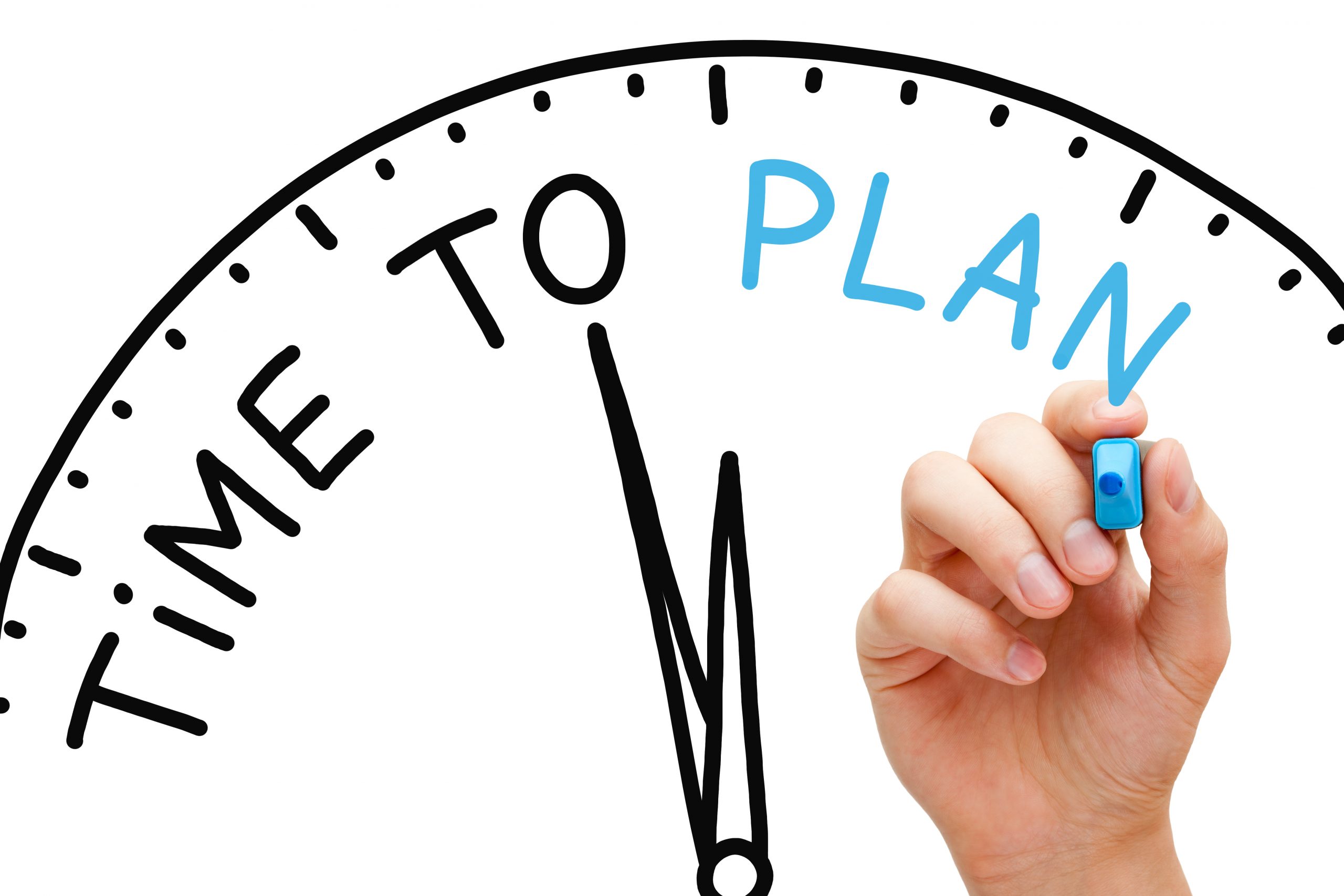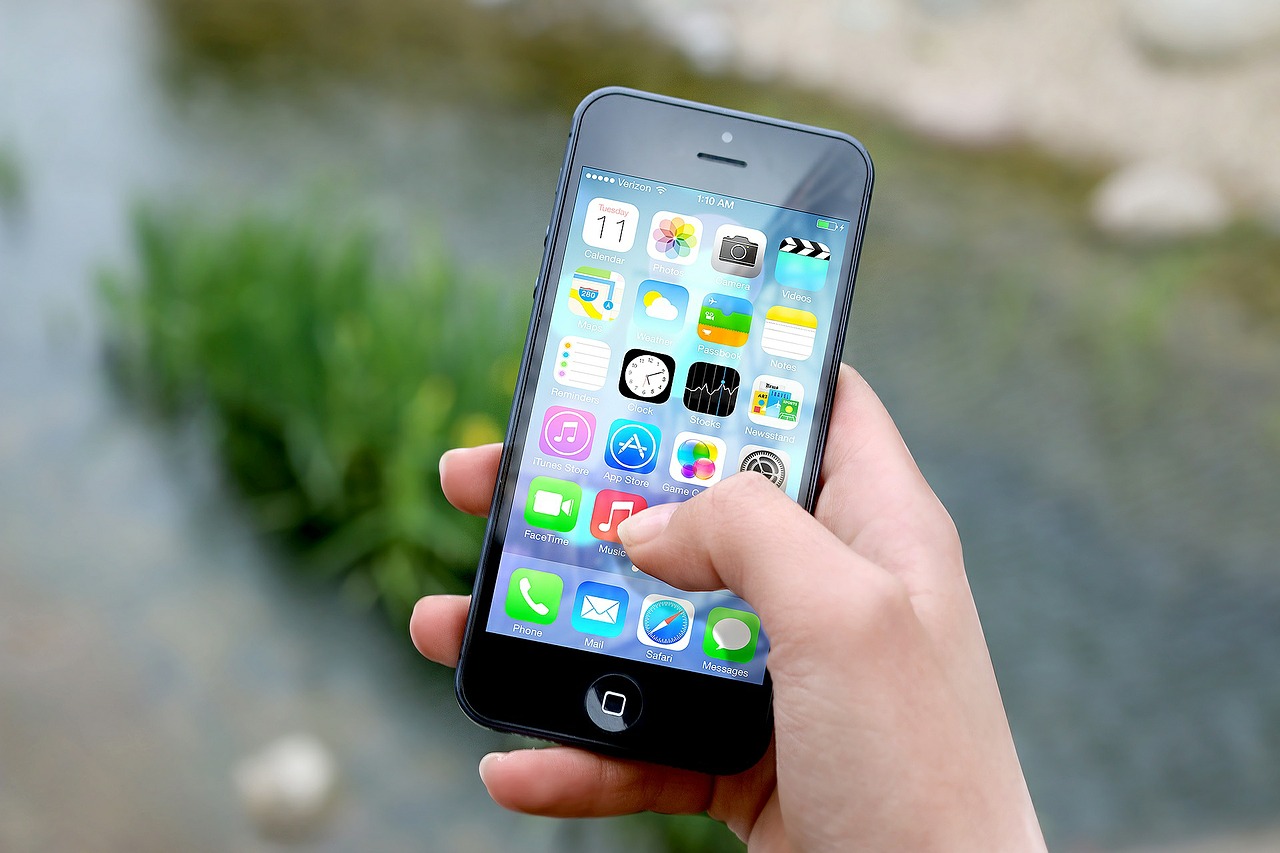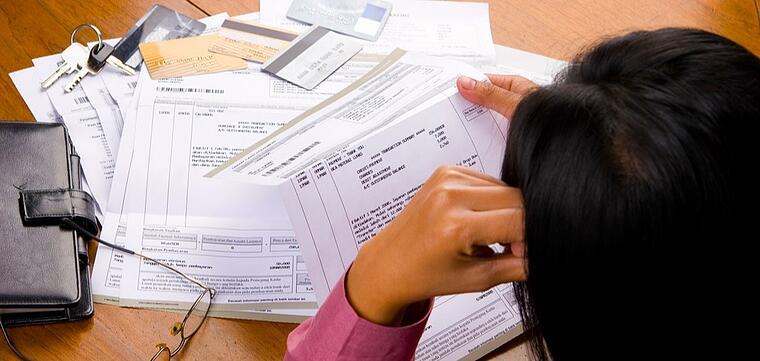Op-Ed by Chanel Reynolds, Chief Customer Officer of Trustworthy, founder of Get Your Shit Together, and author of What Matters Most on how to be better prepared for life’s ‘what-if’ moments.
Making big and often very hard decisions during a stressful and emotional emergency situation adds more pain, suffering, and confusion to what is already a terrible time.
You are probably quite good at playing a version of the what-if game already. It goes something like this: late-night-worry about something bad happening followed by a merry-go-round of fears about what else would happen if that bad thing happened. Frequently, we run a “catastrophe loop” about events not in our direct control (global economic collapse, rising sea levels, poverty) or even lose sleep (yep, my hand is raised) about the ones that will probably never happen (zombie apocalypse, space alien invasion).
When it comes to situations that might actually happen, it is tempting to simply hope for the best. Hoping, however, for the best is not a plan. You know this.
So what happens if something happens? Let’s find out.
For me, a few of the big ‘what-if’ lessons I learned are:
- Have an emergency plan
- Set up access to critical information
- And have key family documents completed and available when you need them (basic things, like passwords to online accounts and where you keep your insurance policies and other critical information).
Not knowing the password to my late husband’s phone to reach some of his family members? No emergency savings? Let’s just say there was a permanent red spot on my forehead after the hundreds of times I slapped myself. I didn’t have answers to these “what-if” scenarios when I really, really needed them.
It’s nearly impossible to look back on those first hours at the hospital and tell myself I was lucky. In fact, it didn’t dawn on me until much later how lucky I was in a couple ways, at least. Because during the worst possible moment of my life, nothing else went wrong—and many things easily could have.
What if I wasn’t at a friend’s house where I could leave Gabe and run off overnight, knowing he was safe? What would have happened if I’d moved to a new town without friends or family living nearby and had to face that first night at the hospital alone? Or alone and trying to console or comfort my child or children at the same time? What would I have done if we’d had both kids staying with us that weekend and they were at playdates across town from each other?
As a single mom with parents who don’t live in the same state, I was kept up at night by these what-if scenarios. It haunted me that there was something I could have done to plan for predictable problems, as simple as leaving out an emergency key or agreeing with a neighbor to be backup childcare for each other, but I hadn’t.
I have been forced to admit that while I can’t stop accidents or natural disasters from happening (I haven’t figured out how to control nature or build a time machine yet), I can make sure that if my car breaks down and I’m stuck, someone else can pick up my son from school or go to the house, send the babysitter home, fix dinner, and handle bedtime for both kids. But everyone has a different list.
Emergency Situations
When the sh*t hits the fan and a real-life high-stakes, scary, or traumatic event happens (or even almost happens), your brain goes into hyperdrive.
This is the moment you see in movies where the alien ships have just arrived and parked over your city and everyone frantically runs around throwing food and supplies into backpacks, looting stores, and hotwiring cars, while others completely shut down and grab thirteen pairs of clean underwear but no drinking water and start mowing the lawn.
In my case, I was upright most of the time, trying to project-manage the threat away, but during many other moments I was swimming in the completely-overwhelmed and not-thinking-straight pool, as evidenced by staring longingly at the ER doctor’s lips (seriously, what the hell?!) and thinking that RSVPing to a five-year-old’s birthday party was super important.
Emergency Planning
First of all, these are normal responses to extreme situations. When you experience a traumatic event, like a terrible accident or natural disaster, your brain and body go into crisis mode. You may breathe rapidly and feel nauseated, dizzy, or weak. You might feel anxious, irritable, hyperactive, or numb. I repeat: these are all completely normal responses. Since you’ll likely feel off-kilter and have difficulty concentrating in a high-stress situation, having a plan in place for what to do in an emergency will make it a lot easier on you in those first few hours.
Start with Three Things
I feel better having a few basic things prepared in case of an (or another) emergency. I’m not alien-invasion ready, but I am “uh-oh, sh*t’s going down” ready. Keep it simple—remember, this is for emergencies. Now isn’t the time for endless edge cases. The first two things will help you in just about any scenario (from a zombie apocalypse to planning a surprise birthday party), and the third is your choice. What could you do that would make you less worried? For me, and hundreds of people I’ve talked to, just a few things make a big difference in turning the anxiety and worry noise down a few notches.
Create a list of emergency contacts list on your cell phone by using your Favorites list. In case anything happens, you will be able to quickly and easily contact your family and friends. Bonus: fill in the “In Case of Emergency” (ICE) info in your phone so that in case anything happens to you, your emergency contacts will be informed immediately. Most phones have an emergency feature that can be accessed when your phone is locked.
Create a family communications hub for important details and create personal notes or checklists for friends, extended family, or frequent caregivers (like childcare providers or pet sitters). For example, check out the Emergency Planning category on Trustworthy’s account dashboard.
Have you set up the default emergency settings on your phone? Have you looked for and downloaded an ICE app? Can you print out a fill-in-the-blank wallet-size card to keep in your wallet?
Establish an “in case of emergency” plan with your immediate family, especially your children. For example, my son knows that he should go to our neighbor’s house if he’s in trouble or if anything is wrong. Make sure everyone in your household also has a second meeting spot or backup plan.
If you are at home, who is closest and can help? If you are at work or another location, can you (or someone else) meet or pick up your children or family member? If you can’t reach your family or emergency contact, what do you do next, and what/who is your backup plan? Is your plan written down or saved to your phone to help you remember?
Your choice! What is one thing that would let you breathe easier, knowing it was prepared in case of an emergency? Consider this: Do you have elderly parents who need assistance? Do you have pets that would need to be cared for? Do you or your family members need medication or specialized care?
As a single mom and working professional I feel better knowing I’ve taken steps to have some answers and information ready and waiting. For example,
- There are two spare keys (not just one, teenagers!) available in case my son is locked out after school or if there is an emergency. One is in a lock box outside of my house, and one is with my neighbor (who can also feed our cat, Freddy, in a pinch).
- I’ve invited a few trusted family members to my Trustworthy account as collaborators and given them access to specific documents or ‘everything’ – from my will and advance-care directive to a list of digital accounts and passwords – boom, it’s in there and they can access it *anywhere* from their phone or a computer.
Your Emergency Checklist: Get a State of the State
Getting a “State of the State” means getting enough information to have a big-picture understanding, or at least good-enough overview, of the actual situation. More simply, most of us just want to know: What the hell is actually happening?!
When things go terribly wrong, even if everyone is OK, or a near-miss derails your day but not the rest of your life, it really does feel like falling down the rabbit hole. That fall sucks exponentially more when you can do nothing other than hope to hit the ground soon. This checklist is more of an in-the-moment guide – a list of things to think about before you’re falling or have already crash-landed.
WHEN YOU “GET THE CALL”
❑ Are you clear about what the situation is? Are you in a safe place?
❑ Is someone with you, or does someone know where you are, and can they come to get you?
❑ Do you need help? Is there someone you can ask?
❑ Are your family/kids/parents OK and in a safe place right now?
❑ Ask yourself: What (or who) would be helpful?
GET YOUR BEARINGS
❑ Do you know, or can you ask, what might happen next?
❑ Does care for children or elderly relatives need to be arranged?
❑ What questions do you have, and what details should you remember?
- Record conversations with your phone to check facts and details later.
- Write questions down so you won’t forget them.
SEND UP A FLARE
❑ Call key family members.
❑ Have someone else make/manage the rest of the calls.
❑ Use (or ask for) the professional help that is offered/available.
REMEMBER! If your brain and body are not at regular functioning capacity because you’ve just been thrust into a nightmare scenario, that is likely the worst possible time to search for phone numbers, scramble for a backup plan, or do any kind of problem-solving. Take five minutes now to get a few things organized in advance, and save yourself (or your friends and family) what could be dozens of hours of stress and frustration down the road.
RSVP to Chanel’s webinar How to Get Your $@&% Together to Prepare for Life’s ‘What Ifs’ for more information on estate and financial planning basics on Wednesday, November 10th sponsored by Trustworthy.
Portions of this article are excerpted from What Matters Most: The Get Your Sh*t Together Guide to Wills, Money, Insurance, and Life’s “What-ifs” by Chanel Reynolds.




